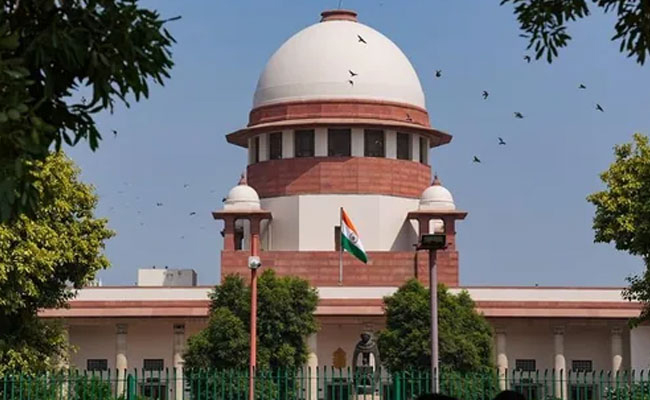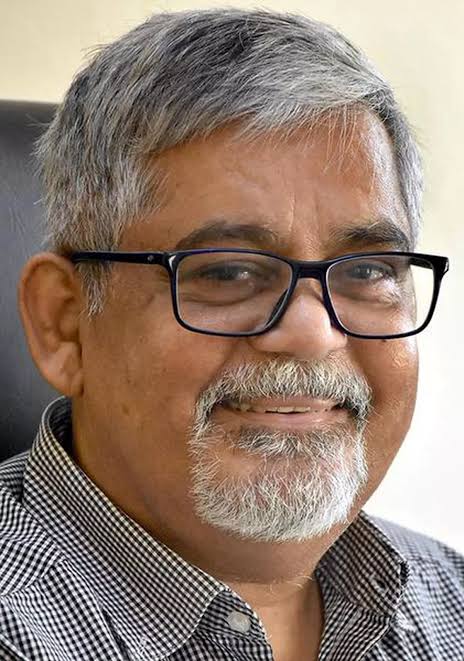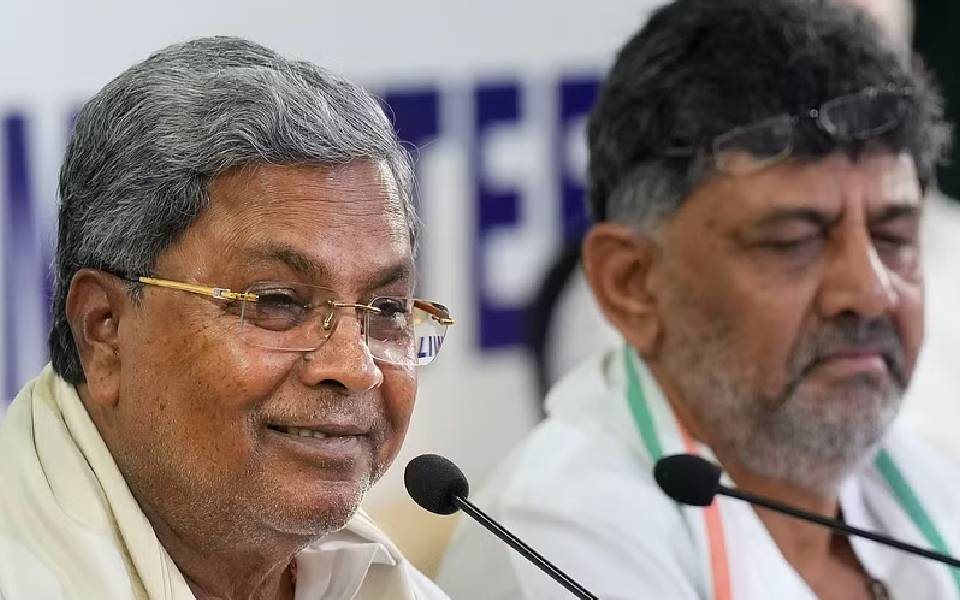New Delhi (PTI): Hailing the Supreme Court collegium proposal against the appointment of close kin of the judges in the high courts, noted lawyer and Congress leader Abhishek Singhvi has said they should be implemented sooner as judicial appointments are "non objective" that originally conceived.
"If true, both proposals under SC collegium consideration, seemingly radical, are good and should be implemented sooner rather than later," Singhvi said in a post on X.
"Reality of judicial appointments is much murkier and much much more non objective than originally conceived. Mutual Back scratching, uncle judges, family lineages etc demoralise others and bring disrepute to institution," he said.
"But easier said than done: till now we are unable to even ban lawyer relatives practising in same HC as judge relatives. Time and again the system has proved stronger than desirable impulses for reform," Singhvi lamented.
The Congress leader said he wrote decades ago that collegium judges should disguise themselves and sit in courts of those judges being considered for elevation or lawyers in action before elevation.
"Like some sultans of old used to do in ancient times to learn what are the real problems of their fiefdom. We would all be astonished (and scared) at the hiatus between cv and reality, between paper appraisal versus court performance. Interviews proposed now not as good as my suggestion but at least second best, though surprise checks in disguise not entirely unrealistic!!," he said in his post.
The apex court collegium may consider an idea against the appointment of close kin of the judges in the high courts, sources have said.
The proposal if acted upon could bring more inclusivity in such appointments and erase the perception of lineage outweighing merit in judicial appointments.
According to sources, the collegium could consider the idea of instructing the high court collegiums to refrain from recommending candidates, whose parents or close relatives were current or former Supreme Court or high court judges.
While this proposal may disqualify some deserving candidates, one of the sources believed it would open up opportunities for first-generation lawyers and broaden the representation of diverse communities in the constitutional courts.
However, this may lead to unjust denial of judgeship to deserving people just because they are related to sitting or former judges of the higher judiciary, added the source.
The three-member collegium, which recommends names for the judgeship in the apex court at the moment, comprises Chief Justice of India Sanjiv Khanna and Justices B R Gavai and Surya Kant.
Justices Hrishikesh Roy and Abhay S Oka are also part of the larger five-member apex court collegium that decides and recommends names for judgeship in the high courts.
The apex court collegium recently started personal interactions with the lawyers and judicial officers recommended for elevation in the high courts, marking a significant leap from the traditional biodata, written assessments and intelligence reports.
Let the Truth be known. If you read VB and like VB, please be a VB Supporter and Help us deliver the Truth to one and all.
Bengaluru: Senior scholar, thinker, and writer, Prof. Muzaffar Hussain Assadi, who served as the Acting Vice-Chancellor and Dean of the Political Science Department at Mysore University, passed away late Friday night at a private hospital in Bengaluru. He was 63 years old.
Prof. Muzaffar Assadi conducted extensive studies on the lives and lifestyles of tribal communities. He served as the chairperson of a committee appointed to address the displacement of tribal populations. His research and contributions spanned areas such as agricultural studies, globalization, Gandhian philosophy, political sociology, democratic theories, social movements, comparative governance, Indian politics, human rights, and global political theories, earning him significant recognition.
Hailing from Shirva in Udupi district, Dr. Muzaffar Assadi completed his postgraduate degree from Mangalore University, followed by an M.Phil. and Ph.D. from Jawaharlal Nehru University (JNU), New Delhi. He later pursued a Rockefeller Fellowship and Post-Doctoral studies at the University of Chicago. He authored 11 books during his illustrious career. As the chairperson of the High Court Committee on Tribal Displacement, he submitted an impactful report. His notable works include Multifaceted Feminist Narratives and Movements in Karnataka, Asmita, among others.
Previously, he served as the Special Officer of the newly established Raichur University. Prof. Assadi received numerous honors, including the Karnataka Sahitya Academy Award.






